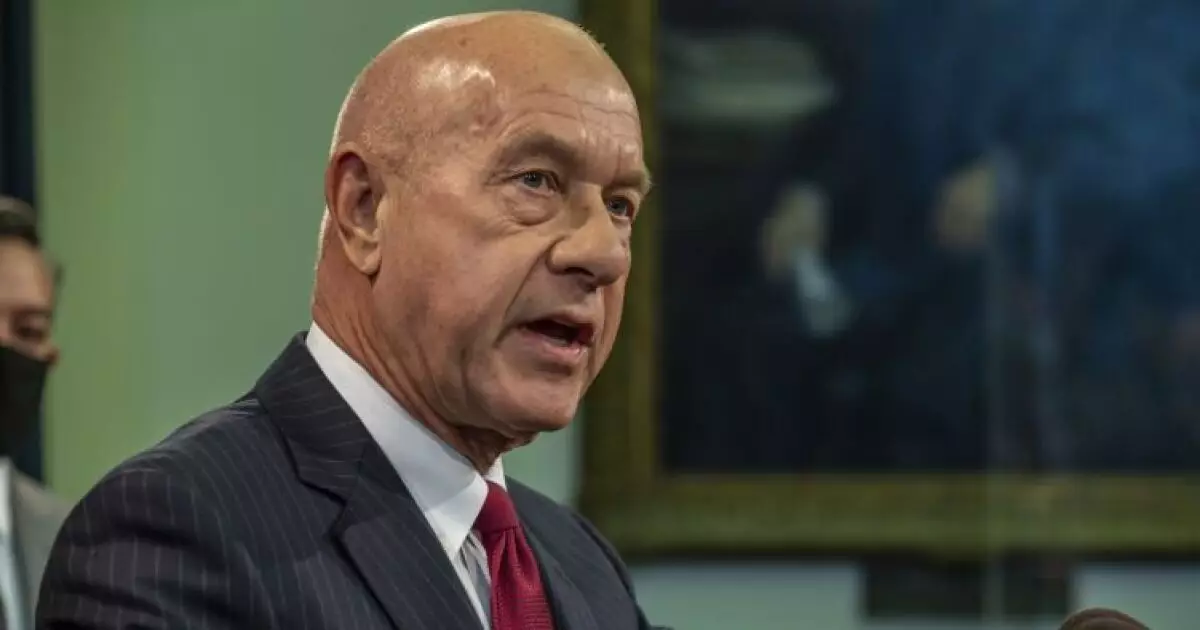In a departure from traditional investor conferences, Houston Controller Chris Hollins hosted an event aimed at showcasing the city’s investment opportunities without the anticipated support from key city officials. This rift has emerged following Mayor John Whitmire’s concerns regarding corporate sponsorships, which he deemed potentially unethical, spurring a request for an investigation. Whitmire’s allegations suggest a troubling narrative of “pay-to-play” dynamics, which implicate the integrity of public finance.
Hollins has fervently rejected these claims, asserting that “the marketing practices of either event” are legitimate as long as there is parity in regulation across all city fundraising efforts. He calls for the same scrutiny to be applied not just to his conference but also to the Mayor’s upcoming State of the City address, challenging the standards by which both events are held. This revelation raises essential questions about transparency and consistency in public office fundraising practices.
The financial input for Hollins’ investor conference came from various corporate sponsors, including investment banks and a law firm, whose contributions ranged from $10,000 to $50,000. These funds were reportedly directed toward the non-profit Houston Forward Fund. In stark contrast, the Mayor’s speech attracted over 70 sponsors, signifying a notable difference in fundraising dynamics. Whitmire’s claim that previous investor conferences operated without corporate sponsorship introduces an intriguing dilemma about the evolving nature of public events and the engagement of private enterprise in municipal affairs.
The Mayor pointed to potential violations of Securities and Exchange Commission rules by bond underwriting firms, which may have justified his caution. However, Hollins rebuts these claims, insisting the fundraising models are essentially comparable, with the sole distinction lying in the management of the proceeds—while the mayor’s fund remains under his direct oversight, Hollins’ proceeds benefit an independent entity.
The fallout between these two city officials illustrates a broader narrative of governance challenges and questions about public accountability in Houston. The absence of key officials and the subsequent changes to the event’s agenda, which omitted Whitmire and various city representatives, signal a growing divide within Houston’s leadership. At a time when collaboration is essential for addressing the city’s structural budget deficit and other pressing financial concerns, such discord paints a worrying picture for effective governance.
Despite the absence of the Mayor, the conference still managed to attract between 110 and 120 professionals, showcasing interest in Houston’s potential as an investment region. The participation levels indicate a demand for dialogue around the city’s economic future, but the simmering tensions between Hollins and Whitmire could hinder collaborative endeavors necessary to address fiscal challenges.
The ongoing disputes surrounding corporate sponsorships and fundraising practices between Houston’s Controller and Mayor exemplify the complexities of public finance. As both leaders navigate their responsibilities and the implications of their actions, the need for greater transparency and unified leadership becomes increasingly apparent. The city’s future depends not only on fostering investment opportunities but also on maintaining public trust amidst increasing scrutiny of city officials’ conduct.

